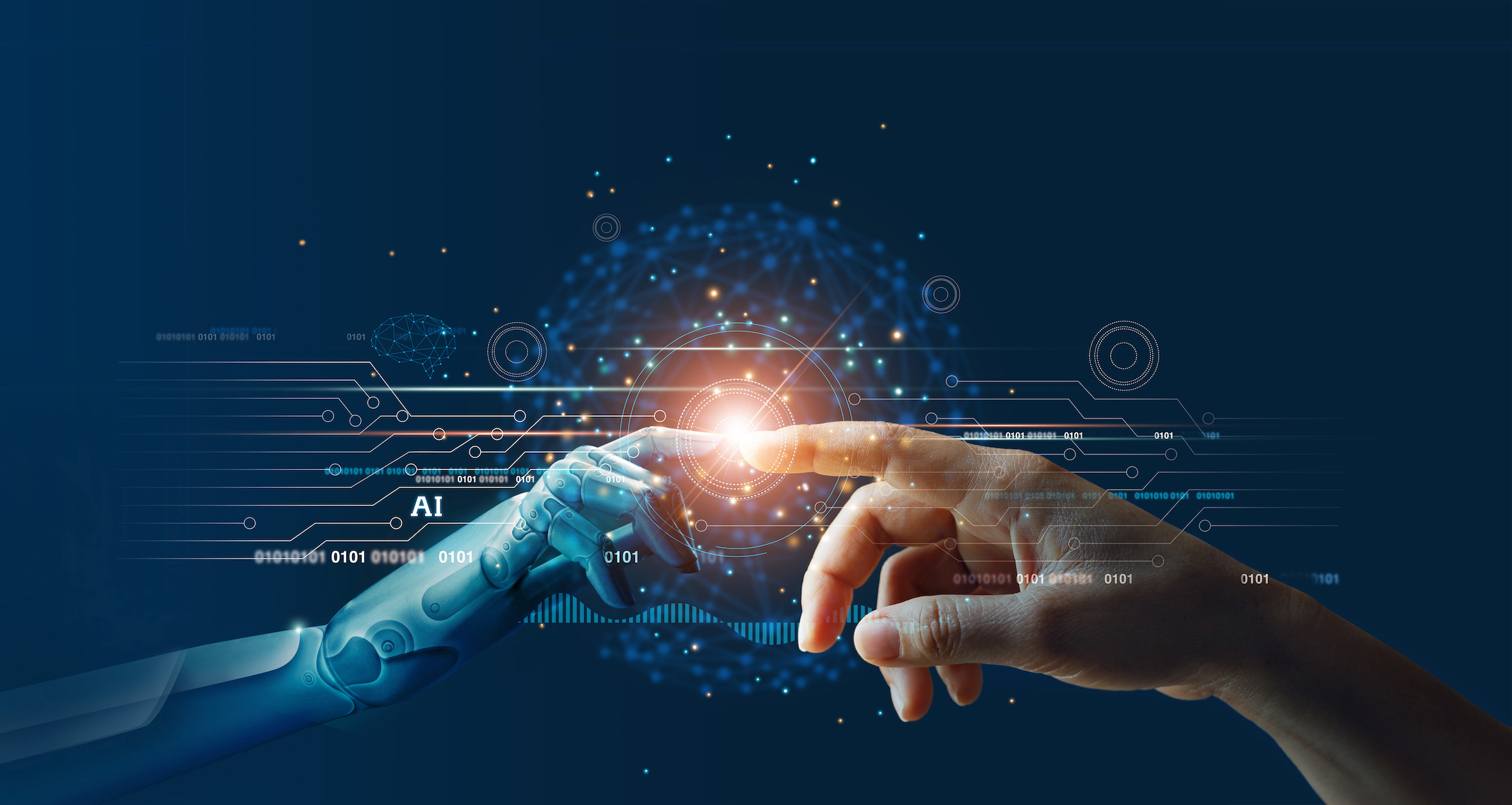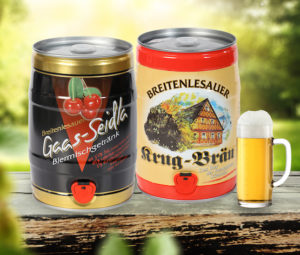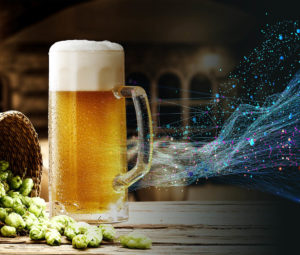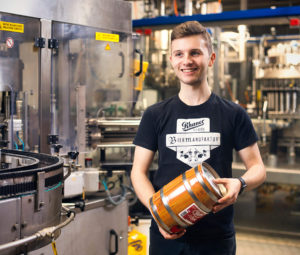The term ‘artificial intelligence’ is actually a contradiction in terms. Is intelligence really artificial? Intelligence is defined all-encompassing as the sum of cognitive processes such as perception, learning, remembering, problem solving, critical thinking and decision making. Intelligence is influenced by a combination of genetic and environmental factors and can be improved through education, experience and training. So isn’t human intelligence characterized by a perfect symbiosis of intuition, emotion, empathy, and ratio? Is it not precisely because we perceive and process in consciousness with all our senses and our whole body that we learn? How could a machine do that without emotion and feeling?
Why are we humans so afraid of machines suddenly becoming smarter than us? Because we relate intelligence in terms of AI solely to rationality. And in this area, machines are already vastly superior to us. They can process volumes of data that the human brain definitely fails at. However, is that alone intelligence enough? How creative, variable and sophisticated can computers be in dealing with the world? Many of people’s fears are based on a lack of information. Is AI also changing beer brewing? In response to our inquiries, neither the German Brewers Association nor the Doemens Academy have yet taken a closer look at the topic. However, Envases wanted to know more and therefore called for a survey on the subject of AI in the last newsletter.
Is AI changing beer brewing – the Envases survey wants to know
The survey was aimed at experts from the brewing industry and asked ten questions to find out what their opinion is on the subject of AI in the brewing industry. Almost 80 percent of the survey participants work in breweries of different sizes: 36 percent in a small brewery (with an output of up to 50,000 hl per year), 29 percent in a medium-sized brewery (up to 500,000 hl/year) and 14 percent in a large brewery (over 500,000 hl/year).
What particularly interested Envases was the basic attitude of the respondents to the topic of AI in brewing. Are the participants rather skeptical and have they – similar to Doemens and the Brewers Association – been rather less involved with artificial intelligence so far? The results of the survey were very positive: 43 percent of the respondents have already dealt with artificial intelligence methods themselves occasionally or even intensively. 21 percent of respondents work in companies that already use AI today. And the forecast for the future is also very good: When asked whether AI will play a major role in the brewing industry in the future, the clear majority answered in the affirmative.
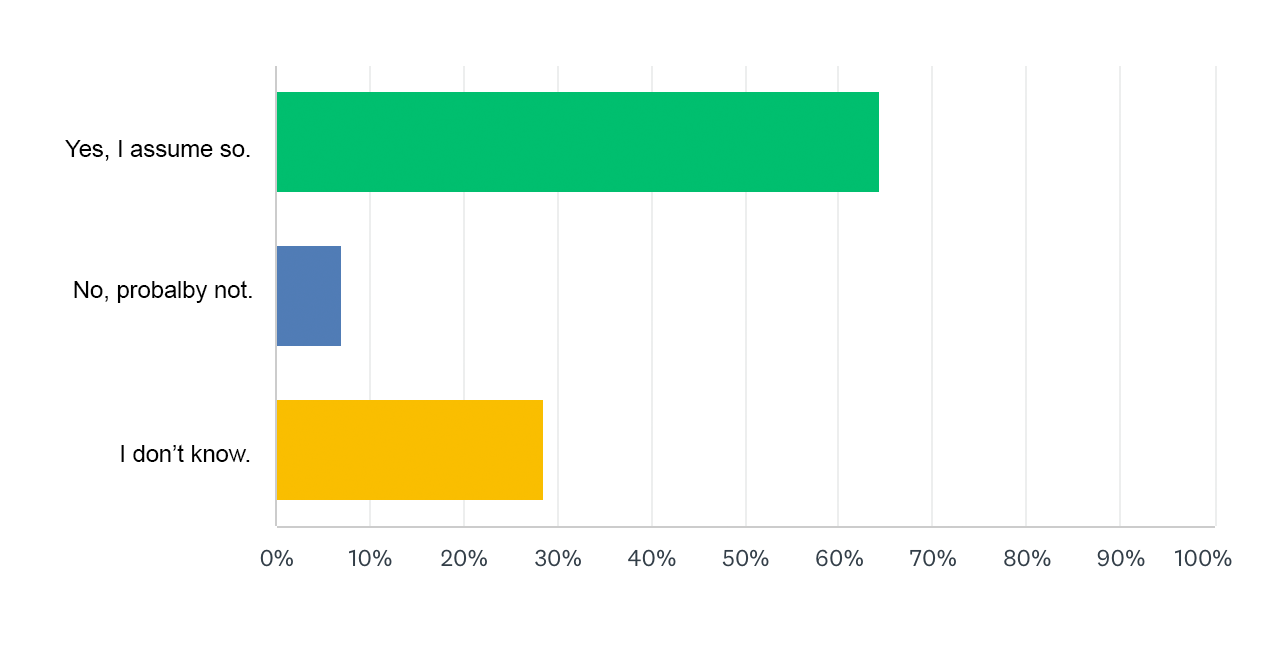
Positive or negative – how is AI changing beer brewing?
As unanimous as people were about the (future) use of AI, the answers varied when it came to the consequences of its use. While just under 30 percent basically expect all conditions to improve, 57 percent think that positive and negative effects will balance each other out. In terms of the next five years, most respondents see the greatest potential for the use of AI in their own company in the areas of marketing/advertising and market research/trends, closely followed by production, as well as filling/packaging and product development. In raw materials and quality management, no one currently sees any opportunities or need to use artificial intelligence.
The reticence with regard to product development is particularly surprising. Here, the respondents obviously do not yet trust artificial intelligence enough to entrust it with the topic of recipes and taste. In principle, it would be possible to manage the huge volumes of recipe data with AI and perhaps also to use and process it creatively.
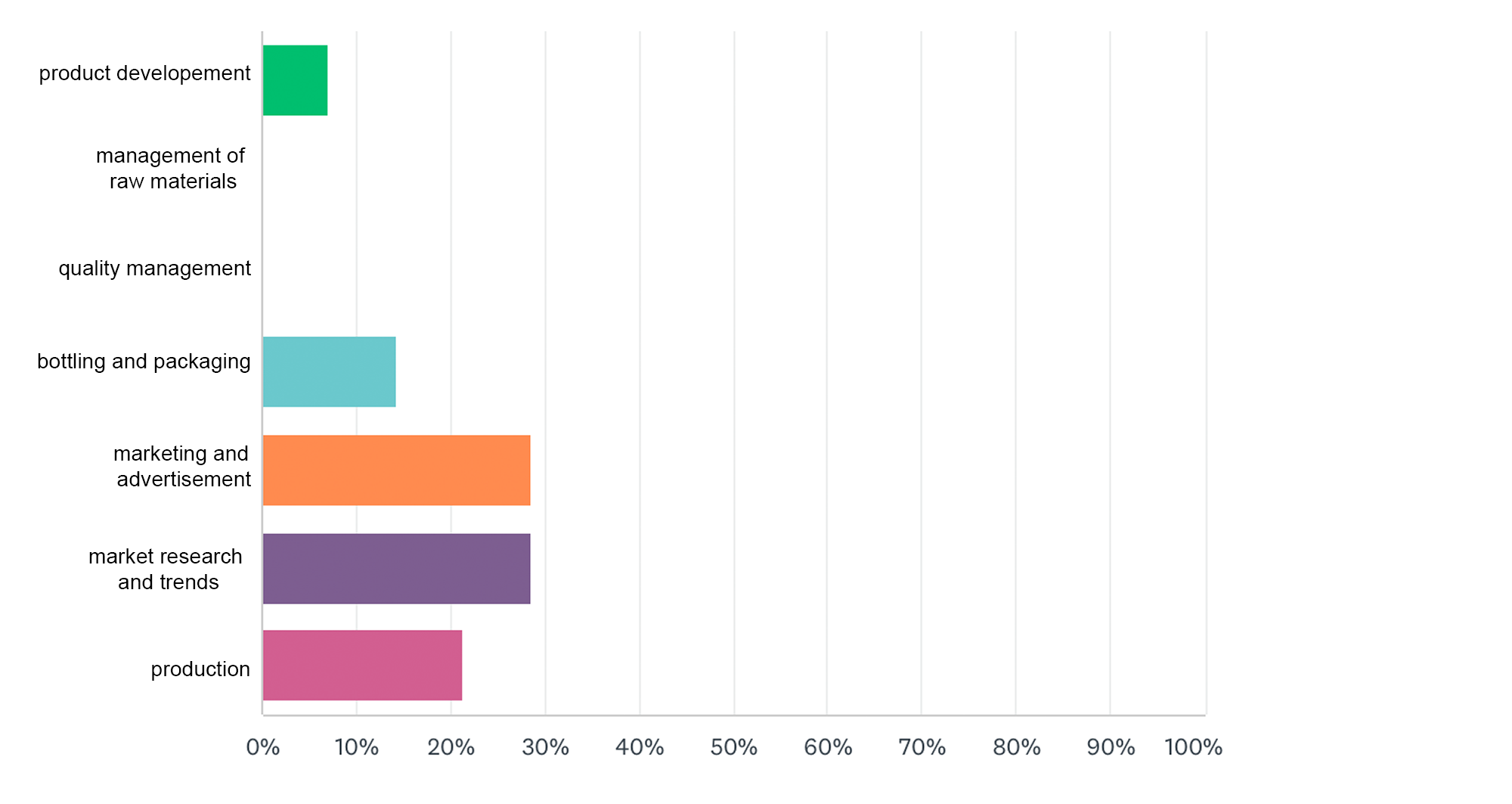
With the question “Will the use of artificial intelligence have transformed the brewing industry by 2030?” we asked the participants of our survey for their final assessment.
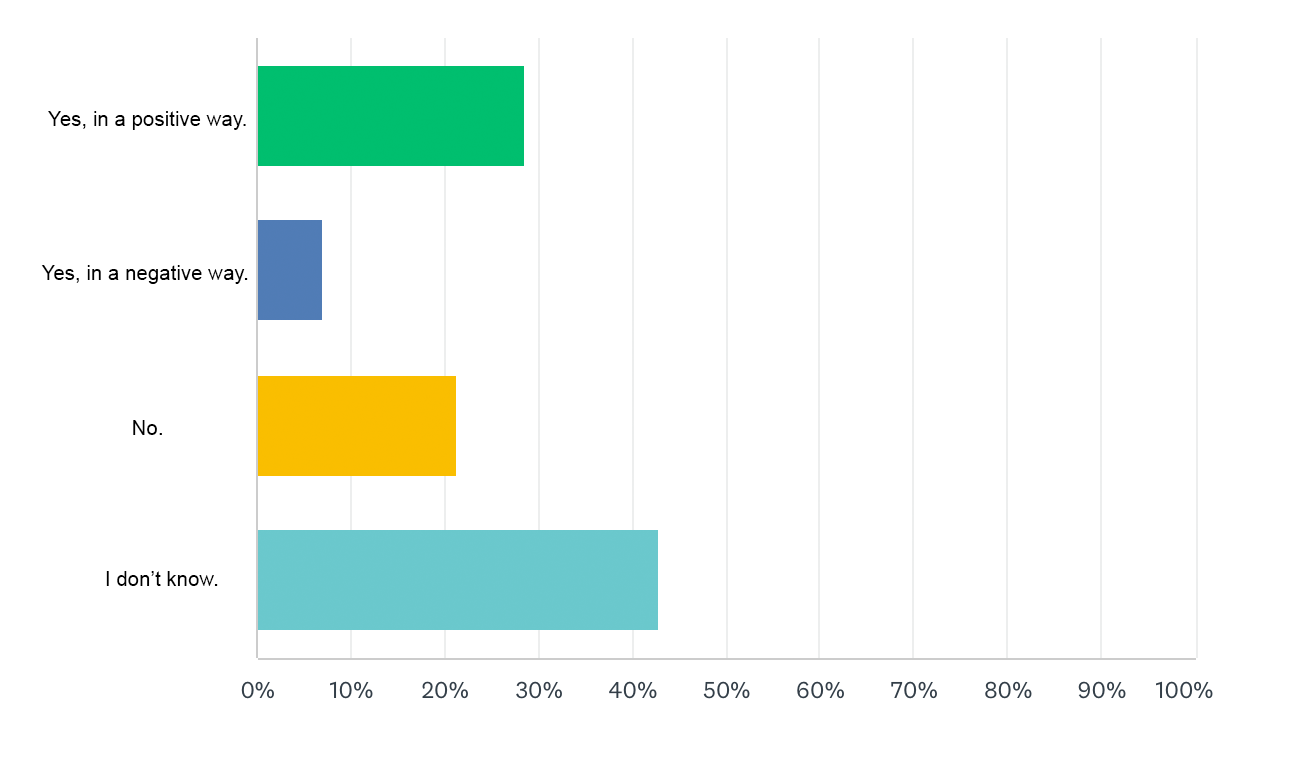
A large percentage of respondents are still undecided about this: 42 percent answered that they “don’t know”. We will all still have to gain some experience with the new technology in order to have a clear assessment. However, it is also obvious that significantly more see a positive change than a negative one. The breweries are open to new things and this is certainly where the greatest potential lies!
AI and brewery: humans and machines achieve the best results together
Even though the respondents to the Envases survey do not yet see the use of AI in the area of formulation, the topic of recipe databases is already a hot topic for software developers and AI researchers. One of them who can realistically assess this issue based on his research results is Marc Bravin. He is a research associate at the Algorithmic Business Research Lab at the Swiss University of Lucerne. There, a major field of study has been dealing with the topic of artificial intelligence for years.

Marc Bravin, AI researcher at the Lucerne University of Applied Sciences and Arts.
Together with a research team and external partners – a brewery and a software company – Marc Bravin has already developed an artificial intelligence called “Brauer AI” (pronounced Brauerei) in 2020 that generates new beer recipes. He explains exactly how the researchers went about it in a post on the university’s computer science blog. “It is enormously difficult for breweries to keep track of hundreds of thousands of recipes,” Marc Bravin explains on the Lucerne University of Applied Sciences and Arts website. “‘Brewer AI’ can not only get this overview much faster than a human, but also provide suggestions for a truly unprecedented beer.”
The AI doesn’t get by entirely without human assistance, however. An experienced brewmaster tests the AI-generated recipes for their suitability and adjusts them if necessary. Brewmaster Adrian Minnig from the microbrewery MNBrew, who participated in the research project as a brewing expert, sees the AI as an opportunity to test new and exciting combinations that he would not have come up with on his own as a brewer.
“Brauer AI” (Bremer AI) as a research project of the Lucerne University of Applied Sciences and Arts
While “Brauer AI” is not about replacing humans in the brewing process, AI researcher Marc Bravin emphasizes that “brewers should not be afraid of AI, but see it as a valuable tool. AI can help them with repetitive tasks, make the brewing process more efficient and support the creative process of brewing. Our research project has shown that AI is capable of generating innovative recipes. However, it is still essential that an experienced brewing expert assesses whether the recipe will actually taste good, be well received by customers and be commercially successful.”
Similar to our everyday lives, AI in breweries should support people in their work, improve processes or simply make everyday life easier. The topic of sales will also never be able to be taken over by artificial intelligence. What is needed here is the human being, who can score points with its personality, intuition and knowledge of human nature. No computer in the world could replicate that. Bravin is also definitely convinced: “The best results are achieved by man and machine together.”
Artificial intelligence in the brewery: a (no) question of age!
The respondents to the Envases survey are unanimous: AI is a decisive future topic in the brewing industry as well. This result is quite surprising when one takes a closer look at the age structure of the respondents. Almost half of all respondents are already 55 or older. This survey therefore involved not so much the so-called digital natives, but people who already had both feet firmly on the ground in their professional lives before the digital revolution. The fact that the industry sees an opportunity like this for AI shows how innovative and in tune with the times the experts are. Convincing ever new target groups with exactly the right products is something that the brewing industry has been doing successfully for decades and something in which AI can support people even more in the future!
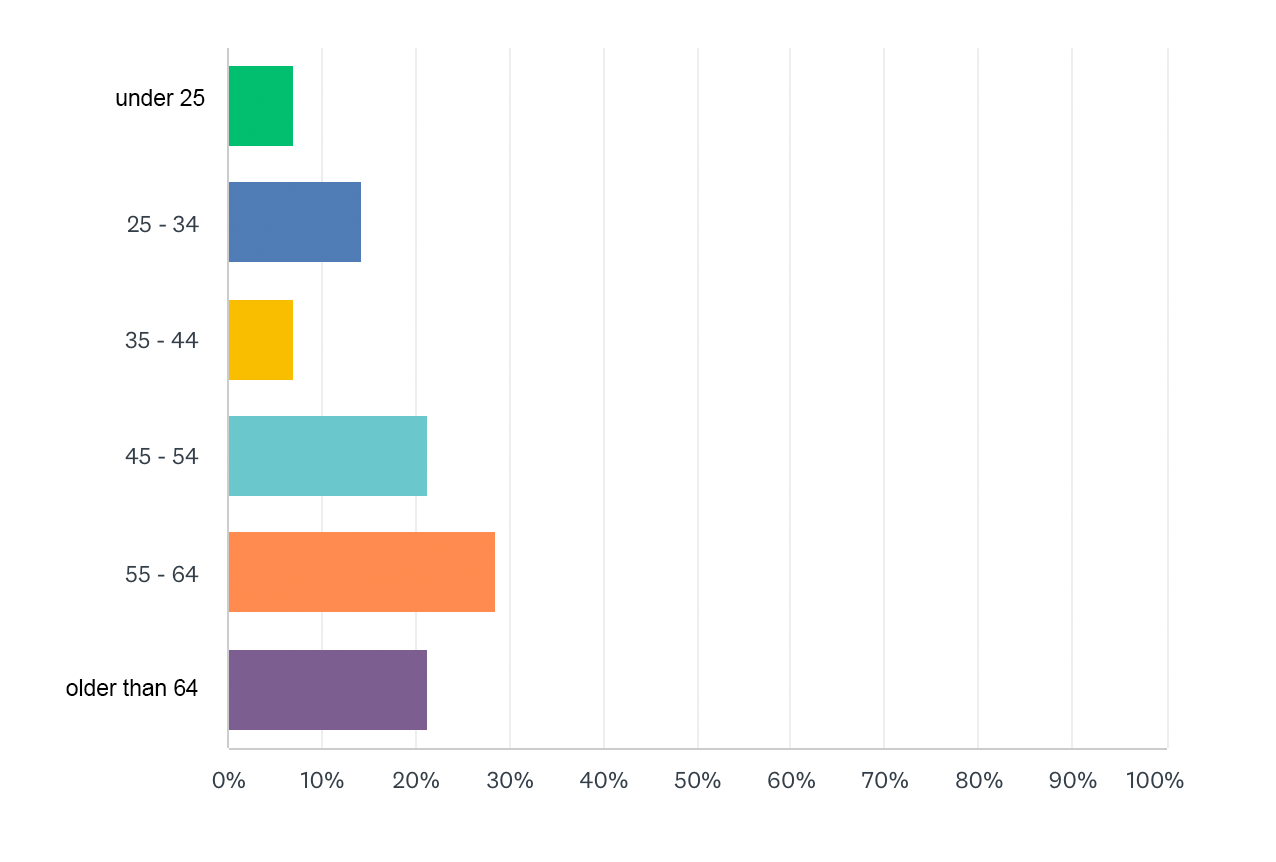
Headerpicture, Source: Adobestock, ipopba
